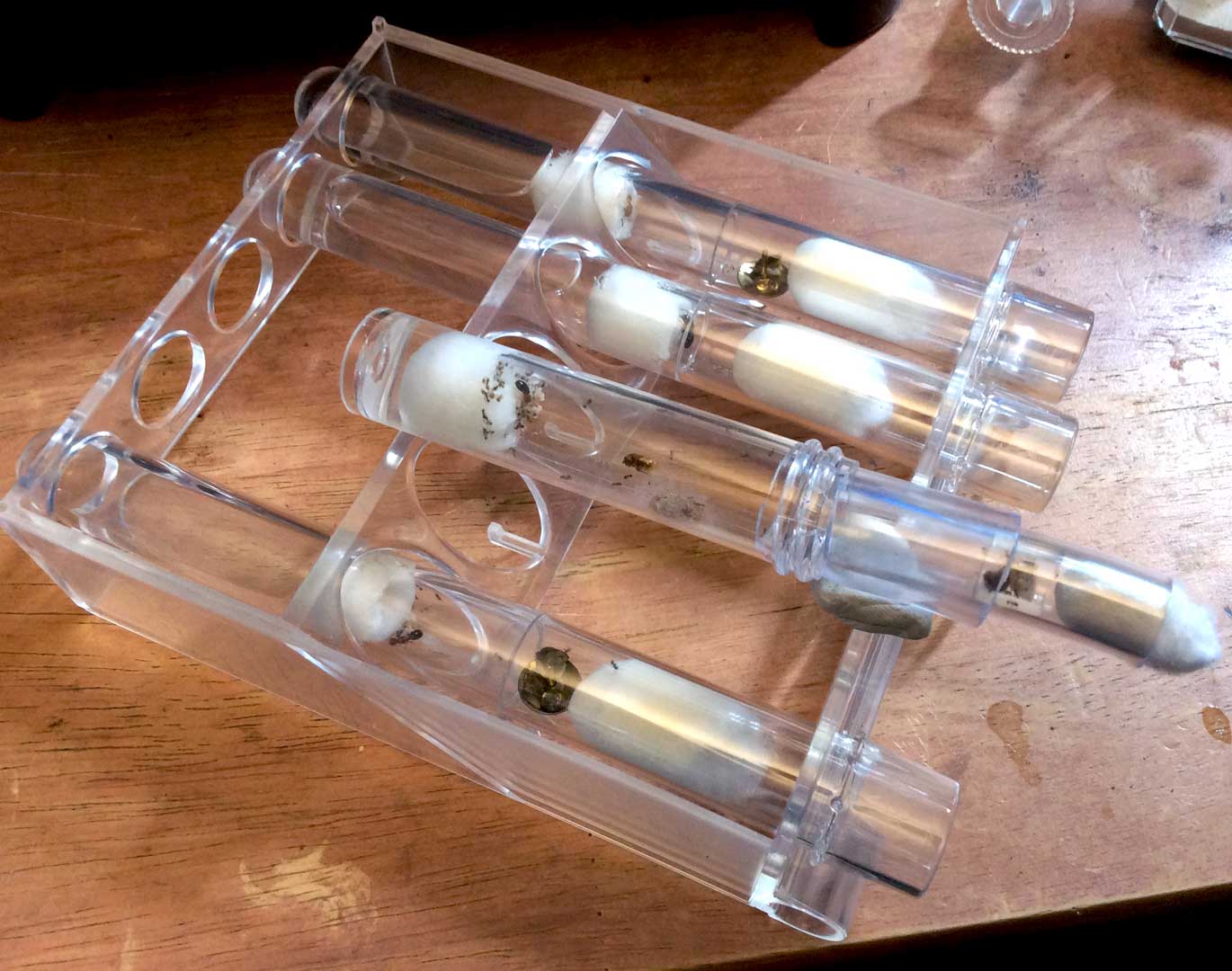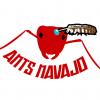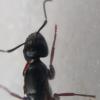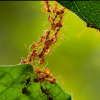I saved four queens from a swimming pool this summer and kept them in test tube setups after letting them dry out on a cloth. They looked perky and alive, as opposed to the many dead ones I find in the pool now that I'm being watchful for queens. I don't know how long these ants were struggling in the pool water or how bad it'd stressed them out long-term but I gave them a go.
One was a black Crematogaster, two were similarly identified as Pheidole spp. and one was unknown to me as I didn't want to disturb her too much. The Crematogaster queen was well fed and calm but eventually died without laying any eggs after a couple of months. I was hoping she would overwinter and then lay in the spring. The two Pheidole queens are currently growing strong but soon in need of new test tubes setups or a small formicarium, I'm still deciding.
Then the last unknown queen was a bit of a slow start and seemed the longest to recover from the near drowning she endured but had workers and brood going. I found her dead in their test tube yesterday.
From top to bottom: Unknown queen (deceased), Crematogaster queen (deceased), first Pheidole queen saved in late July (testing out wonky test tube setup for this one), second Pheidole queen saved in August.

Because of her tiny size and fragile state, I didn't do any macro shots of her colony yet. I looked up Temnothorax pics and I'd say there's a resemblance but can't get a good angle to take clear pics of them. I'm not interested in getting identification of a colony until they've gotten to a good worker count where I could possibly get better macro shots for ID'ing purposes and this colony was getting close. The queen was slightly smaller than the Pheidole queens with a longer gaster proportionally but their workers are about 1.5 mm as opposed to the 3 mm Pheidole workers. I thought the Pheidole were tiny but these ones are smaller and more orange than red. They have about 10 workers with some late larvae along with a small pile of brood and they're currently tending to the queen's body.
I had set up a new test tube they were connected to for over two weeks but they never moved over. Their founding test tube was drying up while developing some dark mold on the cotton that I hoped would've got them moving. I kept the new tube dark, warmer and fed in that tube to entice them over. I saw the workers explore the space and hang out in the newer test tube but the colony never moved over. I wonder if the workers were trying to move her and caused some issues or if she was weak in general and barely surviving.
Because of their super tiny size, I didn't want to force or dump the colony and they seemed interested in the new test tube setup so I let them be and keeping up with feedings. With the queen gone I now have some super delicate tiny workers with a small pile of brood to deal with. They're dead ants walking and I wonder how long they'll care for the brood.
Has anyone kept their surviving workers until the very end of their lives? ![]() I can't imagine dealing with a huge colony after their queen's passing.
I can't imagine dealing with a huge colony after their queen's passing.
Edited by Boog, December 26 2020 - 1:02 AM.

















